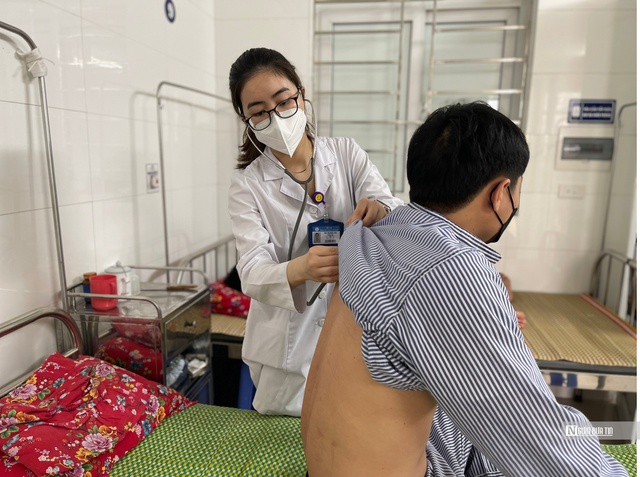Viet Nam determines to terminate malaria by 2030
VGP - Up to 46 localities in Viet Nam have been recognized as malaria-free, said Head of the National Institute of Malariology, Parasitology and Entomology (NIMPE) Hoang Dinh Canh.

Illustration photo
Among the remaining 17 provinces and cities, malaria transmission still occurs locally, but the number of affected villages and communities is decreasing.
In 2023, the number of malaria cases in our country was 448, a plunge of 97.3 percent against 2021. The number of severe malaria cases decreased by 89.19 percent, and the number of deaths due to malaria decreased by 85.71 percent.
Viet Nam has managed to cut the number of malaria cases to below 500 cases/year, malaria is currently mainly concentrated in certain districts such as Khanh Vinh District (Khanh Hoa Province), Muong Te District (Lai Chau Province) and Krongpa District (Gia Lai Province), but we are facing several challenges and difficulties, he said.
He suggested building a malaria elimination strategy to mobilize the participation of the whole society and invest local budgets to replace dwindling foreign aid sources, maintaining sustainability of the efforts.
The official underlined the necessity to strengthen communication, policy advocacy, maintain and reorganize the system of specialized personnel - disease surveillance system, treatment system in healthcare - active surveillance and mosquito control; train and retrain of human resources; keep up the surveillance and reporting systems; and apply information technology.
Scientific research, epidemiological investigations, vector control, drug resistance studies must be taken.
It is necessary to actively assess and prevent malaria resurgence in areas where malaria has been eliminated./.

